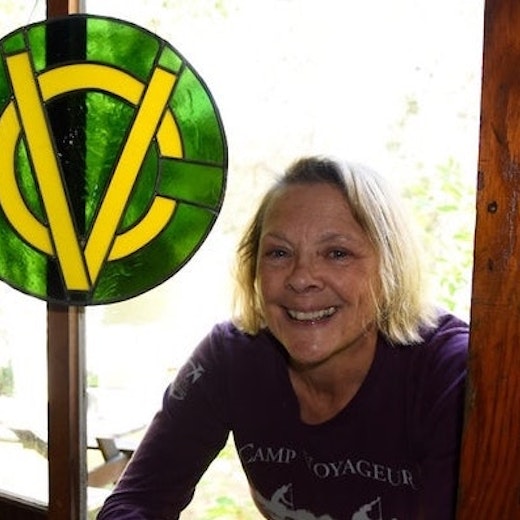
When a child comes to Camp Voyageur, our entire staff becomes their substitute parents. I recently stumbled upon a great parenting article by Christina DesMarais called Science Says the Most Successful Kids Have Parents Who Do These 9 Things, and realized that it mirrors how we treat our campers while they’re here at camp. Below are 9 things we do at camp – which can also be applied at home – to help raise successful kids.
1. Don’t tell them they can do anything they want.
At CV, campers get to choose which activities they participate in. There are, however, times when they are not able to do the things they want to do – and they could be disappointed. For example, the activity might not be age-appropriate or be too difficult. Campers may lack the proper skills (until they’re taught) or they may have done the activity repeatedly. Therefore, we always encourage kids to stretch their horizons and try new things at camp. It’s one of the reasons, that I believe, CV provides a true well-rounded education.
2. Eat dinner as a family.
CV is like one big family, and eating is definitely one of the highlights for our family. We have terrific, made-from-scratch foods (and plenty of it). We eat all meals together – whether it’s in the dining hall, at the fire circle, or on the trail. Communing with others at meals is an integral part of the CV experience.
3. Enforce no screen time.
We don’t allow electronics at Camp Voyageur, and everyone is on the same page about that. We talk to one another in real-time, eye-to-eye. Live music, talent shows, and Boundary Waters adventures replace iPads. A screen-free environment cultivates living in the moment.
4. Work outside the home.
While cabin counselors are predominantly like campers’ parents in a sense at camp, campers spend time with a variety of other adults throughout the day and on wilderness trips. They may learn to sail from my brother John, fish in the camp bay with Trip Director Alex, or strum on the guitar with veteran counselor and music man Joe.
5. Make them work.
One of the main activities at camp is the work we do together. We work to keep the cabin clean and clean up the tables together during mealtime. Campers also work to help their team achieve goals and master skills like camping, canoeing, and cooking. Crossing your first portage is no tiny task, either!
6. Delay gratification.
Everything in its own time. There’s nothing better at CV than seeing the water at end of a long, difficult portage or experiencing a well-deserved sauna at the end of a 7-day trip. Delaying gratification builds stamina, but also grit. Things at camp are experiential by nature, and learning a new skill can be hard at first. Eventually, time spent practicing will produce numerous rewards – like catching fish. It might take awhile, but eventually, campers get rewarded.
7. Read to them.
We frequently read and tell stories around the campfire, both in-camp and on the trail. Some counselors also read stories each night as kids are going to bed. It’s amazing how quickly kids can fall asleep after a day spent outside!
8. Encourage them to travel.
Travel happens naturally at wilderness adventure camps like CV. It could be just a day hike, a trip to one of our favorite fishing holes, or kayaking down the river. It could an overnight trip; the hallmark of our program. In any case, all of our campers go on wilderness trips, which always cultivate personal growth.
9. Let them fail.
Failing is part of life. Not a very fun part of life, granted, but something that is a part of being human. Hopefully, failures at CV (kicking the ball accidentally out of bounds in a friendly game of soccer, not reading the wind correctly on a sailboat and flipping the boat, not being able to stern a boat until mastering the basic paddling strokes, etc…) become important lessons. Campers are encouraged to try new skills, even if they have to try, try again.
Adapted from Science Says the Most Successful Kids Have Parents Who Do These 9 Things by Christina DesMarais.






